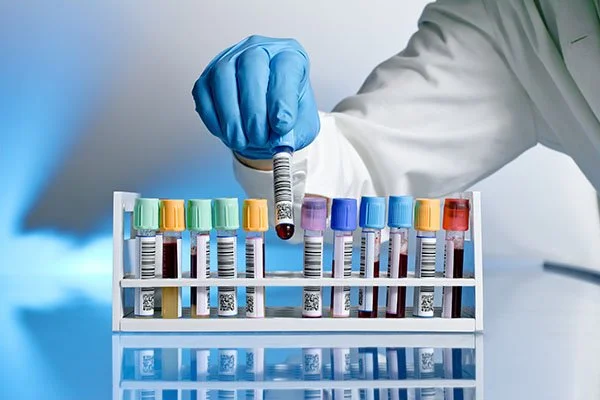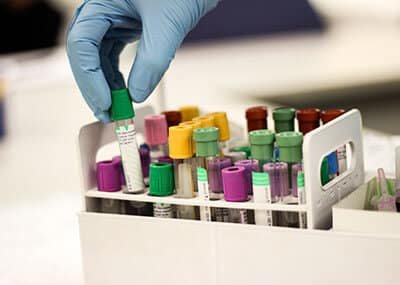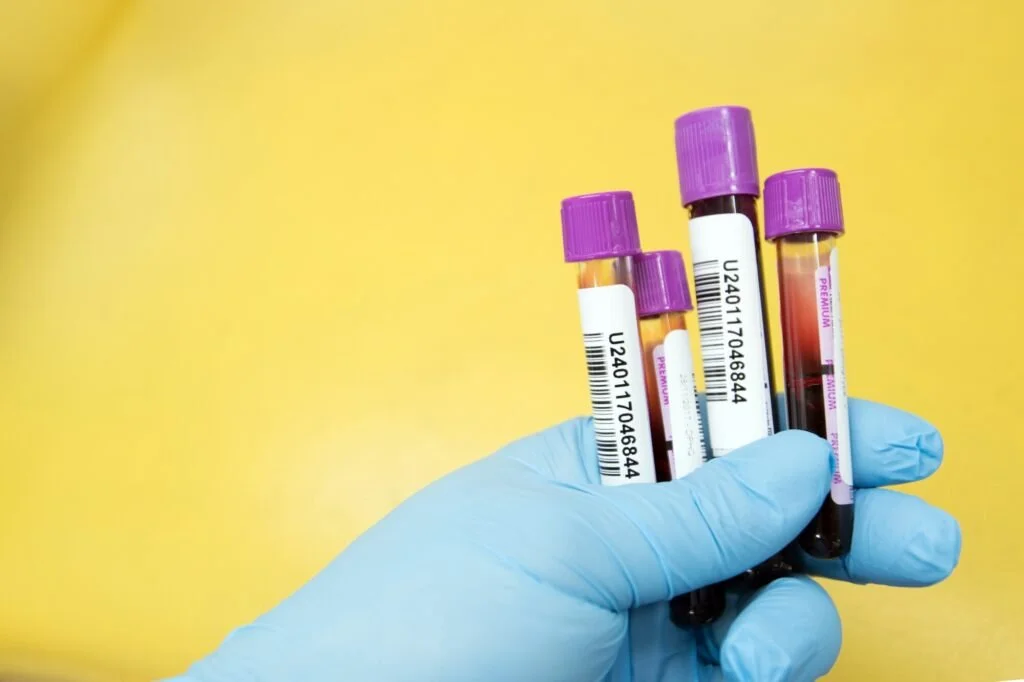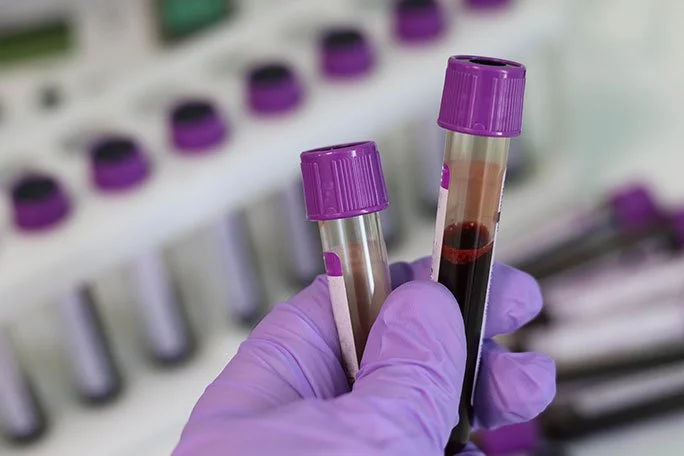Big Data Analytics And Healthcare Policy
In recent years, the healthcare industry has witnessed a significant transformation due to the integration of big data analytics into policy-making processes. Big data analytics refers to the process of analyzing large and complex data sets to uncover insights, patterns, and trends that can help improve decision-making and optimize outcomes. In the context of healthcare policy, big data analytics has played a crucial role in shaping policies that are more effective, efficient, and patient-centric. This blog post explores the impact of big data analytics on healthcare policy and highlights some key benefits and challenges associated with this evolving trend.
Privacy Concerns In Big Data Analytics In Healthcare
With the advancement of technology, big data analytics has revolutionized the healthcare industry. The ability to collect, store, and analyze large amounts of data has allowed healthcare providers to improve patient outcomes, streamline operations, and reduce costs. However, the use of big data analytics in healthcare also raises significant privacy concerns. In this article, we will explore the potential privacy risks associated with big data analytics in healthcare and discuss how these concerns can be addressed.
Use Of Big Data Analytics For Medical Research
Big data analytics has revolutionized the field of medical research, offering new insights and opportunities for advancements in healthcare. By harnessing the power of large datasets, researchers can uncover patterns, trends, and associations that were previously undetectable. In this blog post, we will explore how big data analytics is being used in medical research and its potential impact on the future of healthcare.
Impact Of Big Data Analytics On Healthcare Costs
In recent years, the healthcare industry has seen a significant shift towards utilizing big data analytics to improve patient outcomes, enhance operational efficiency, and reduce costs. With the vast amounts of data generated in healthcare settings, from patient records to medical imaging, there is a wealth of information that can be analyzed to drive better decision-making and ultimately lower costs. In this blog post, we will explore the impact of big data analytics on healthcare costs and how organizations can leverage this technology to achieve cost reductions.
Role Of Big Data Analytics In Improving Patient Care
In today's digital age, the healthcare industry is constantly evolving and embracing new technologies to provide better care for patients. One of the most significant developments in recent years is the use of big data analytics to help healthcare providers make more informed decisions and improve patient outcomes. In this blog post, we will explore the role of big data analytics in healthcare and how it is transforming the way patient care is delivered.
Challenges Of Big Data Analytics In Healthcare
Big data analytics has the potential to revolutionize the healthcare industry by providing valuable insights that can improve patient care, streamline operations, and reduce costs. However, implementing big data analytics in healthcare comes with its own set of challenges. In this article, we will explore some of the major challenges that healthcare organizations face when trying to leverage big data analytics.
Applications Of Big Data Analytics In Healthcare
In recent years, the healthcare industry has seen a significant increase in the use of big data analytics. This technology allows healthcare providers to collect, analyze, and interpret vast amounts of data to improve patient outcomes, reduce costs, and streamline operations. Big data analytics can help healthcare organizations make more informed decisions, identify trends, and predict outcomes. In this blog post, we will explore some of the key applications of big data analytics in healthcare.
Big Data Analytics Benefits In Healthcare
In recent years, big data analytics has revolutionized the healthcare industry, providing numerous benefits for both patients and healthcare providers. By leveraging the power of data, healthcare organizations can improve patient outcomes, streamline operations, and make more informed decisions. In this article, we will explore the various ways in which big data analytics is transforming healthcare.
Big Data Analytics In Healthcare
With the rapid advancements in technology and the increasing availability of data, big data analytics has become an indispensable tool in healthcare. By leveraging the power of big data, healthcare providers can unlock valuable insights that can improve patient outcomes, streamline operations, and reduce costs. In this article, we will explore the various applications of big data analytics in healthcare and discuss how it is transforming the industry.
Challenges And Opportunities Of Ai In Diagnostics.
Welcome to our blog post on the challenges and opportunities of AI in diagnostics. Artificial Intelligence (AI) has the potential to revolutionize the field of diagnostics in ways we never thought possible. From more accurate and timely diagnoses to personalized treatment plans, the opportunities are endless. However, with great power comes great responsibility, and there are challenges that come with integrating AI into diagnostics. In this post, we will explore both the challenges and opportunities of AI in diagnostics.
Ethical Considerations Of Ai In Diagnostics
Artificial intelligence (AI) has revolutionized many industries, including healthcare. AI has the potential to greatly improve the accuracy and efficiency of medical diagnostics, leading to better patient outcomes. However, as with any technology, there are ethical considerations that must be taken into account when using AI in diagnostics.
Ai And Machine Learning In Predictive Diagnostics
In recent years, the field of healthcare has been revolutionized by advancements in artificial intelligence (AI) and machine learning. These technologies have allowed for more accurate and timely diagnoses, leading to improved patient outcomes and reduced healthcare costs. Predictive diagnostics, in particular, have benefited greatly from the use of AI and machine learning algorithms. By analyzing large amounts of data and identifying patterns, these technologies can help healthcare providers predict the likelihood of certain diseases or conditions developing in patients. In this article, we will explore the impact of AI and machine learning in predictive diagnostics and discuss some of the key benefits these technologies offer.












